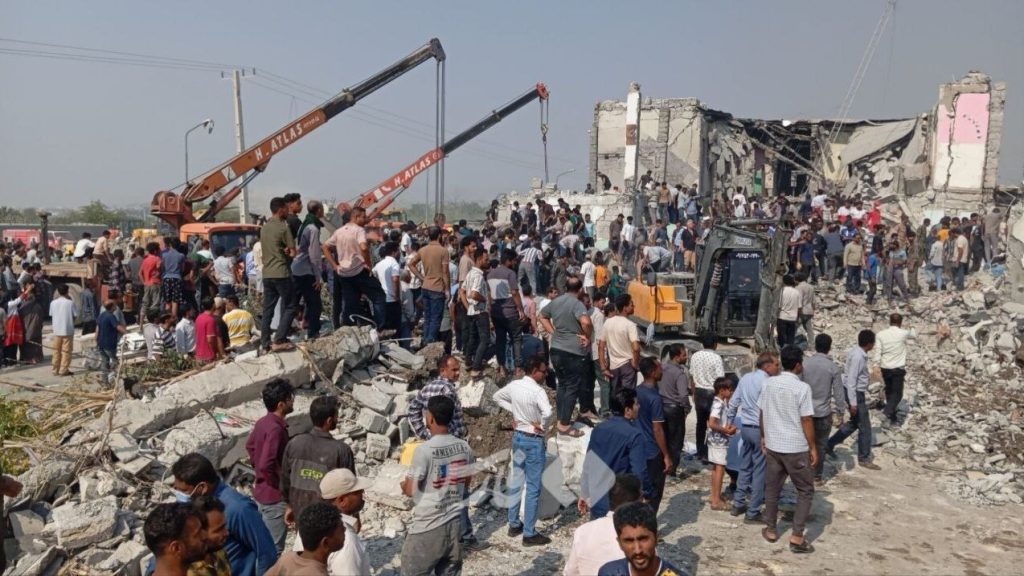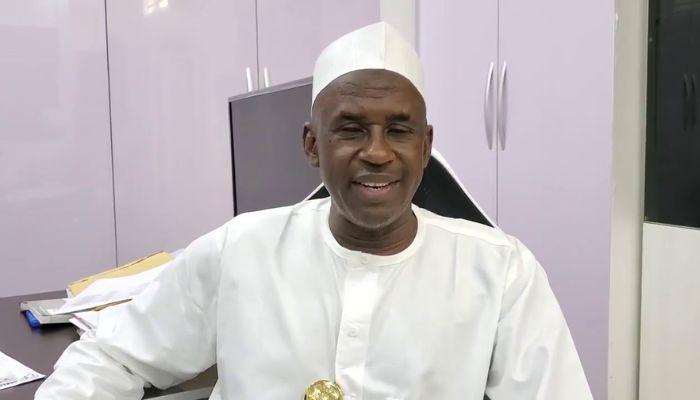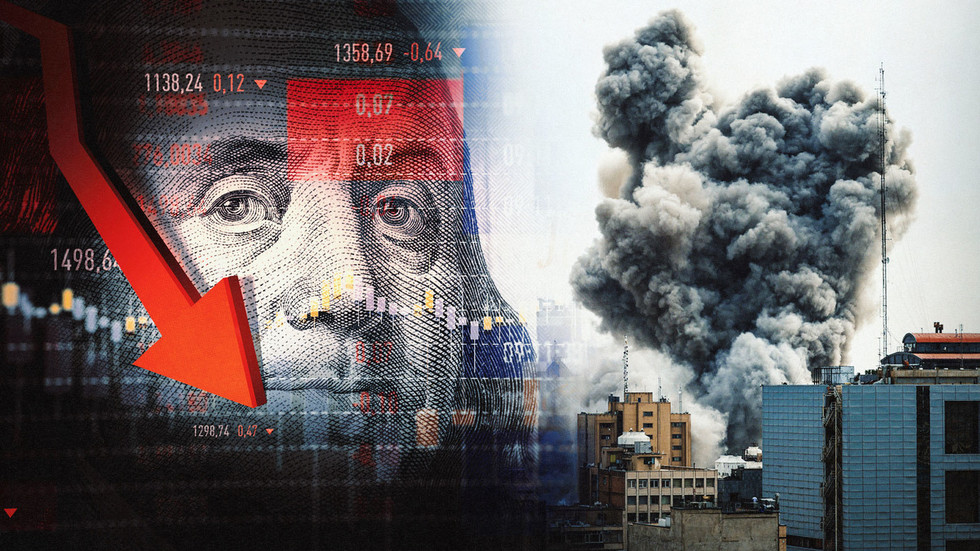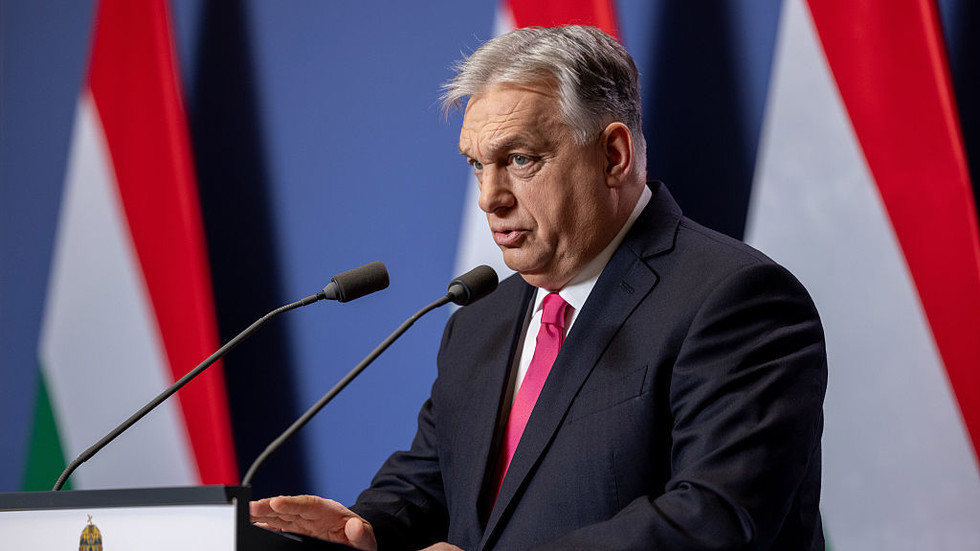A new report released by human rights agencies under the Convening for Equality reveals a staggering number of more than 300 human rights abuses against members of the LGBTQ community in Uganda. These abuses have occurred since the enactment of the anti-homosexuality law.
According to the report, from January to August 2023, LGBTQ individuals experienced torture, beatings, arrests, outing, and various forms of physical, sexual, and psychological violence. These acts include forced anal examinations, evictions, blackmail, loss of employment, and disruptions to health services. In total, the report documents 306 violations and abuses based on sexual orientation and gender identity.
The report highlights 179 incidents of torture and cruel and inhuman treatment, which includes 18 cases of forced anal examinations conducted by the police.
The authors of the report are appealing for protection from the international community and an end to the repercussions caused by the anti-gay legislation. They express concern that the effects of this law have not been adequately addressed by the authorities in Uganda. Politicians and religious leaders are also identified as contributors to increased violence and discrimination, which further exacerbate the physical and economic vulnerabilities faced by LGBTQ Ugandans.
In addition to physical abuses, the report also points out a rise in mental health cases, including suicidal thoughts, as well as an increase in the number of people seeking asylum. As neighboring African countries consider similar legislation, which not only extends prison time for same-sex sexual conduct but also criminalizes essential human rights work and public health initiatives, advocates emphasize the importance of international funders and businesses actively defending the principles of non-discrimination and inclusive economic development through their words and actions.
The report acknowledges the challenge of obtaining an exhaustive account of abuses due to victims’ reluctance to share their ordeals, stemming from fear of retaliation.
The BBC reached out to Uganda government spokesman Ofwono Opondo for comment. Mr. Opondo stated that Uganda has a vibrant civil society and local community FM radios that activists could have reported the cases to. He also claimed that none of the rights groups had reported a single case since the enactment of the law. Mr. Opondo further commented that homosexuality is a discreet lifestyle, making it unlikely for people to know unless they are very close to an individual. He dismissed the report as false and concocted, suggesting that the BBC should conduct its own investigations in Uganda rather than relying on hearsay from organizations seeking financial support.
It’s worth noting that President Yoweri Museveni signed the stringent anti-gay bill, which includes the death penalty for “aggravated homosexuality,” on May 26. This move sparked condemnation from Western countries, leading the World Bank to suspend all new funding to Uganda, citing a contradiction between the new law and its values.
In conclusion, the report sheds light on the distressing human rights abuses faced by the LGBTQ community in Uganda following the implementation of the anti-gay legislation. Urgent action is needed to protect the rights and safety of these individuals, with international support playing a crucial role in advocating for non-discrimination and inclusive development.



